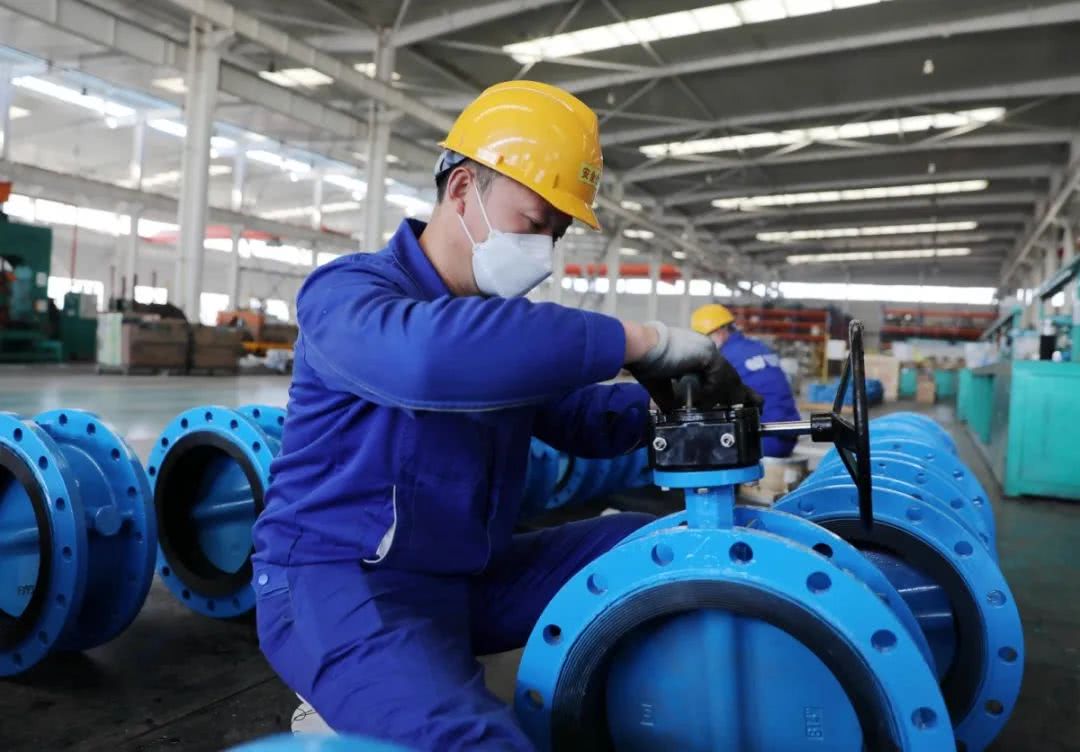Industrial valve manufacturers play a pivotal role in ensuring that industries meet rigorous standards for safety, efficiency, and performance. These valves, which regulate the flow of liquids and gases, are integral to various sectors, including oil and gas, chemical processing, water treatment, and energy production. Their significance extends beyond mere functionality, influencing operational reliability, compliance with regulations, and overall industry standards. These standards ensure that valves are tested and certified to handle the conditions they will encounter in service.
Ensuring Safety and Compliance
One of the primary roles of industrial valve manufacturers is to produce valves that adhere to stringent safety and quality standards. In industries where high pressures, corrosive substances, or extreme temperatures are commonplace, the reliability of valves is crucial. Faulty or substandard valves can lead to catastrophic failures, including leaks, explosions, or system malfunctions, posing significant risks to personnel and the environment. Manufacturers must therefore comply with industry-specific standards such as those set by the American Society of Mechanical Engineers ASME, the American Petroleum Institute API, and the International Organization for Standardization ISO.
Enhancing Operational Efficiency
Beyond safety, industrial valve manufacturers are essential for optimizing operational efficiency. Valves control the flow and pressure within pipelines and systems, directly affecting the performance and energy consumption of industrial processes. High-quality, precisely engineered valves ensure smooth operation, minimize energy loss, and reduce the risk of downtime. Manufacturers invest in advanced materials and technologies to produce valves that offer durability, resistance to wear and tear, and precise control. This focus on efficiency helps industries reduce operational costs, improve productivity, and achieve better resource management.

Supporting Technological Advancements
The continuous evolution of industrial processes drives the demand for innovative valve technologies. Manufacturers are at the forefront of developing new valve designs and materials to accommodate emerging industry needs. This includes advancements in smart valve technology, which integrates sensors and control systems to enable real-time monitoring and automated adjustments. Such innovations enhance process control, data collection, and system integration, aligning with modern industry demands for greater automation and precision. By leading in technological advancements, valve manufacturers ensure that industries can adopt cutting-edge solutions that improve overall system performance.
Facilitating Global Trade and Standardization
As industries become increasingly globalized, the need for standardization across different regions and markets becomes more pressing. Industrial valve manufacturers contribute to this by adhering to international standards and certifications, making their products compatible with global requirements. This standardization facilitates trade and ensures that products can be used in diverse applications worldwide without requiring significant modifications. It also helps in maintaining uniform quality and performance benchmarks across different markets.
Dombor industrial valve manufacturers are crucial to meeting industry standards because they ensure safety, enhance operational efficiency, comply with environmental regulations, support technological advancements, and facilitate global trade. Their role is integral to the smooth functioning of various industrial sectors, making their contribution to industry standards both significant and indispensable.

